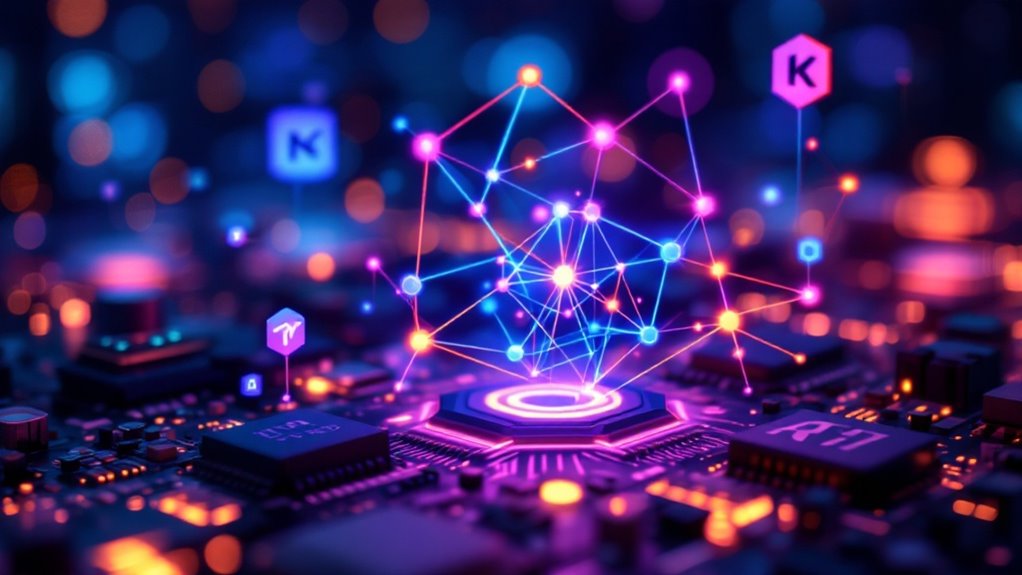AI bias isn’t just sci-fi paranoia—it’s today’s reality when a resume bot ghosts women or a facial recognition tool gets it oh-so-wrong, especially on minorities. Ethical AI is about fixing those biases, not just waving a transparency flag and calling it even. That means *diverse training data, constant audits, and design that asks “fair for who?”—not just the majority*. Don’t let outdated code rewrite discrimination in digital ink; there’s real work being done to keep AI in check—curious what’s next?
Even in a world obsessed with shiny tech and futuristic promises, it turns out not all artificial intelligence is as “neutral” as Silicon Valley would like you to believe. Sure, AI promises to do our taxes, write poetry, and maybe even solve world hunger—just don’t expect it to check its own biases at the door. Spoiler alert: It usually doesn’t.
Bias in AI is less “evil robot uprising” and more, well, the same old human prejudices—just dressed up in code. Most of the time, these biases creep in from skewed training data. If an AI is fed tons of resumes from one demographic, guess who gets picked for the job? Not exactly a plot twist.
AI bias isn’t sci-fi villainy—it’s just our old prejudices showing up in code, fueled by skewed data and lopsided training.
Algorithmic hiccups and design flaws don’t help either, sometimes making things worse. And let’s not forget the humans behind the curtain—their biases, whether intentional or not, can shape AI’s decisions in ways that would make a 1950s hiring manager blush. Bias can enter through both data input and algorithm design, making the sources of AI bias both external and internal. The risk of AI bias is heightened when organizations lack regular assessments and fail to implement ongoing monitoring of their models.
Historical data? Often a goldmine of discrimination. You get facial recognition tools that can barely identify anyone with darker skin tones and credit scoring systems that penalize people for, you know, existing in a historically marginalized community. *Nice job, robots.* Algorithmic fairness requires robust data privacy measures to protect vulnerable populations from further discrimination.
—
The fallout?
- Systematic discrimination in hiring, policing, and finance
- Damage to already-marginalized groups—hello, women and people of color
- Reputational nightmares for companies caught with their bias showing
- AI’s accuracy tanks, making “smart” tech look pretty dumb
- Societal inequalities get a high-tech upgrade
—
Ethical AI isn’t just a TED talk topic. Ensuring fairness means more than slapping the word “transparent” on a product page. It’s about:
- Regular audits (not just for show)
- Diverse teams (yes, really)
- Training data that actually reflects the real world
Legal frameworks may be playing catch-up, but public scrutiny is dialing up. Consumers are watching, and trust in AI is on the line. If AI is going to run our lives, maybe—just maybe—it should treat everyone fairly. Otherwise, it’s just another tool for perpetuating the same old problems, only faster.









